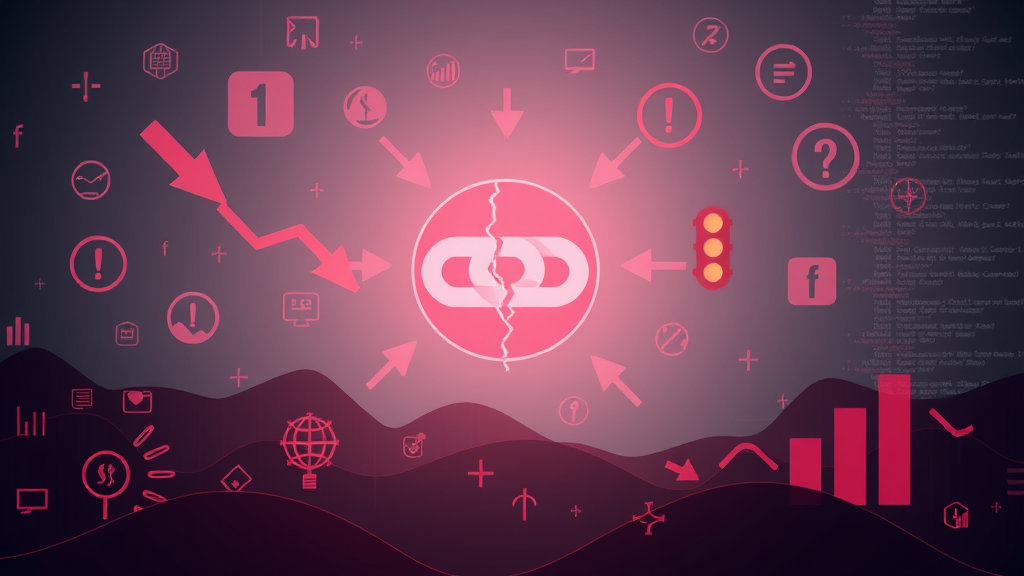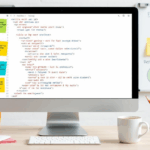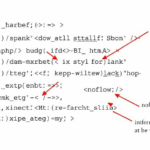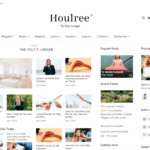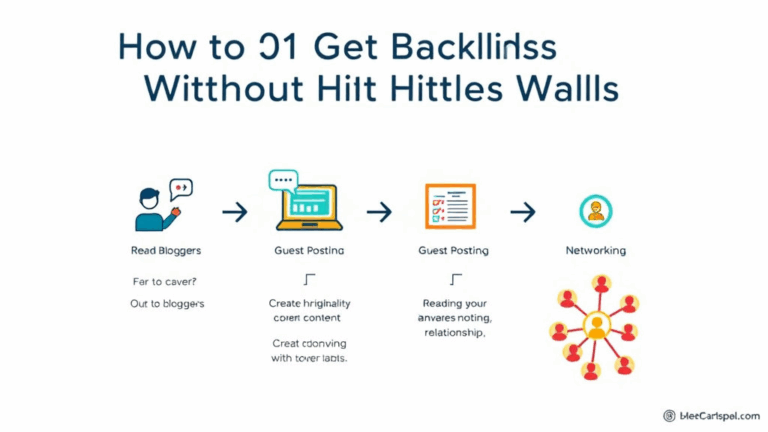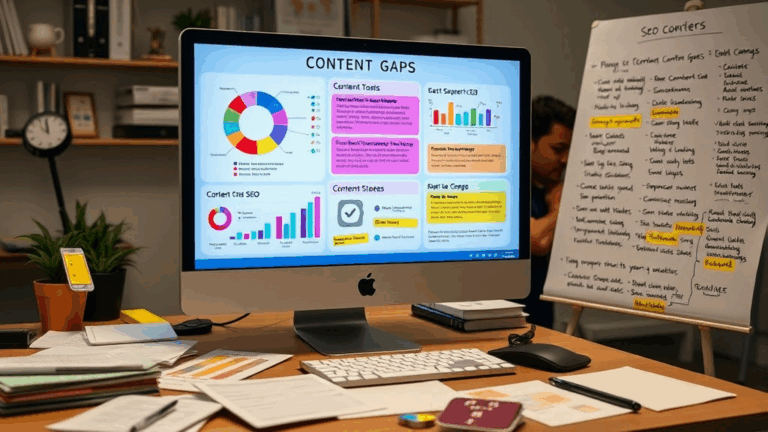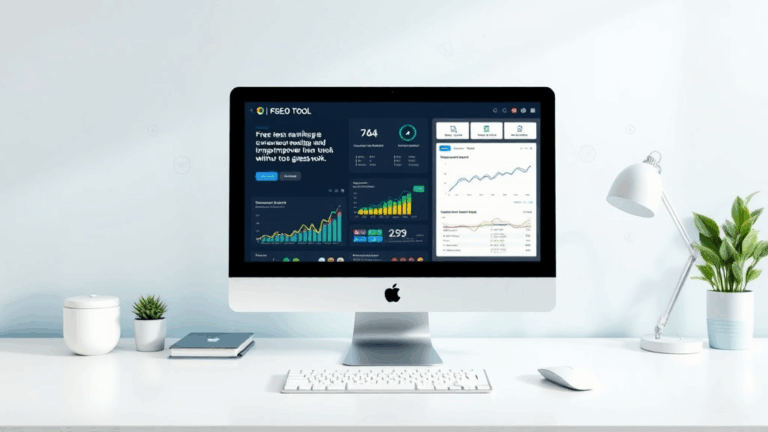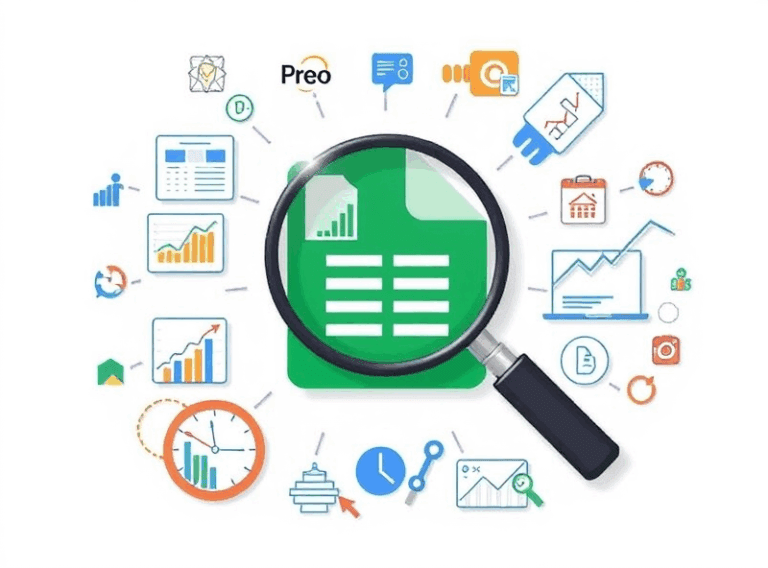Canonical URL Mistakes That Quietly Destroy Web Traffic
Missing Canonicals Altogether Doesn’t Default to Sanity
Running a WordPress blog without explicitly declaring canonical tags? Fine. Until it’s not. I had one site where Google picked the “page/2” archive as the canonical over the actual blog homepage. I only noticed because the traffic chart suddenly fell off a cliff and kept digging until I saw Search Console’s ‘Duplicate without user-selected canonical’ report lighting up like a ransom note.
Turns out: no canonical at all is worse than the wrong one. Google gets real confident deciding for you, even if it makes a mess. In that case, it decided a paginated archive was the real deal. Nothing in the docs hinted that it would pick a sub-page as canonical when there’s a root one staring it in the face.
Quick fix was to inject this manually via theme header:
<link rel="canonical" href="https://myblog.com/" />
Saved it, flushed the cache, re-requested indexing, and the recovery took about a week. Never quite understood why Google preferred a paginated page, but I’m guessing it scored higher on internal link freshness or something equally unhelpful.
Duplicate Parameters and Faceted URLs Are Canonical Kryptonite
I once had a year-old ecommerce blog post competing with nine versions of itself just because of Shopify-style query params like ?ref=homepage, ?src=footer, and ?utm_medium=affiliate. Each of those came from different sources, none of them canonicalized correctly.
- Canonical tags must point to the clean version — no params
- Google might still index the junk ones if you don’t block them
- Alternate rel=canonical headers injected by CDNs can conflict
- Some social tools (ew, Buffer) rewrite URLs with their tracking crap
- Bitly links? Sometimes resolve into the wrong canonical tag
One weird thing: Search Console sometimes shows the correct canonical, but fetching the URL with curl -I reveals a header-level canonical that overrides it. Took me a while, but the culprit was a reverse proxy that cached HEAD responses with stale meta headers. Editing the origin page had no effect until I purged upstream.
Fun times.
Cloudflare Page Rules Can Overwrite Canonicals in Absurd Ways
So here’s your canonical tag:
<link rel="canonical" href="https://blog.example.com/favorite-post" />And here’s the HTML after Cloudflare applied a seemingly unrelated page rule to enforce HTTPS and trailing slash redirects:
<link rel="canonical" href="https://blog.example.com/favorite-post/" />I wouldn’t have caught it if not for the fact that Google started surfacing both versions in Search Console. They looked identical to users — but to the crawler, /favorite-post and /favorite-post/ were competing. Cloudflare was NOT injecting canonicals, but it was rewriting the actual response body via cached edge workers.
Yep, full HTML override via transform rules, even though it wasn’t advertized anywhere in the dashboard. The caching behavior was sticky — changing the origin canonical tag had zero effect until cache bust.
Things I had to do to resolve it:
- Disable all transform rules in Cloudflare temporarily.
- Force purge every variant of the URL (with and without slash).
- Use dev mode to confirm canonical tag was respected and unchanged.
- Add trailing slash redirect rules to origin server instead.
Honestly, canonical management often breaks *after* optimizing performance layers. That’s when things get slippery.
Canonical Conflict with hreflang = Confusebot Mode
I thought I was being smart setting hreflang values for EN-GB and EN-US pages of a long product article. Except — slightly different titles, and different H1s. Still 95% same body content. So I added a canonical tag on each version pointing to the EN-US page. Wrong move.
Here’s what happened:
- Google read the canonical from EN-GB to EN-US
- It ignored the hreflang (silently)
- Started showing EN-US version to UK users
- UK newsletter clicks dropped like a rock
Apparently, if you canonical two hreflang pages to one parent, Google treats them as alternate versions — but then refuses to serve both independently. They get deduplicated. I flipped it back to each page canonizing itself, removed the cross-linking, and things started to stabilize again.
Canonical always wins against hreflang if they disagree. It’s not obvious until clicks go missing.
I now treat multilingual content and canonical logic as separate tracks. Trying to optimize both at once usually ends in regrets.
Relative Canonicals Break More Than They Save
Another sneaky one: relative canonical URLs worked fine… until I updated the site’s base href for AMP compatibility. Boom: all canonicals suddenly resolved to https://example.com/amp/s/example.com/blog/post-name.
Which meant Google basically saw all my plain posts as AMP clones from some ghost site.
This line killed it:
<base href="https://example.com/amp/s/" />If your canonical URL looks like this:
<link rel="canonical" href="/blog/post-name" />…then you’re asking it to assume relative-to-whatever. If base href exists, welcome to canonical hell.
Fixed it by making all canonical tags absolute. Honestly think HTML rel=canonical should deprecate relative versions by now. Too risky.
AJAX-loaded Pages Left Out in the Cold
Had a React site for a client that lazy-loaded product descriptions onto a single-page container. Canonical tag lived in the initial shell — and never got updated on page change. Google picked up the homepage canonical for every individual product.
This was the offending setup:
// root index.html
<link rel="canonical" href="https://shop.com/" />
AJAX page loads updated the view, browser history changed (nice), but no canonical updates (bad). So search engines indexed the homepage with twenty SEO titles pointing to invisible content states.
The fix was messy. We sniffed route changes with a hook and injected a new canonical tag like so:
useEffect(() => {
const link = document.querySelector("link[rel='canonical']");
const newHref = window.location.href;
if (link) link.href = newHref;
}, [location.pathname]);
It worked eventually, minus a few flickering warning logs about duplicate tags from React strict mode. Chrome handled it clean. Bing? No idea. Still thinks all our URLs are the same.
When Preview Links Start Outranking the Real Page
If you’ve done AMP or CDN-cached previews via third-party review systems (shout out to Bazaarvoice and Chewy), you’ve probably seen versions like:
e.g) https://cdn.partner.com/p/abcd1234/content.html?source=previewThese get shared internally, sometimes linked by lazy interns, and suddenly they’re ranking. Why? Because those pages served full HTML with no canonical tag. Or worse, one pointing to themselves.
Even after the parent page is public, Google may continue indexing the preview version if it had a longer time alive in crawl index. Disallowed them via robots.txt? Cool, now they’re still indexed but with “no information available” ghost listings. Only solid fix I found was to actually serve:
<meta name="robots" content="noindex, nofollow" />PLUS a canonical back to the real-deal URL. Leaving either one out meant risk. It didn’t self-correct for over two months.
Canonical Tags in Feeds and Open Graph Meta
Canonical tags don’t belong in RSS feeds — but you’d be surprised how many plugins add them anyway. I caught this while debugging duplicate reports for a blog that pushes long-form articles into both the main site and Medium. The Medium versions were pulling in the RSS feed complete with appended Open Graph and canonical metadata.
So the Medium-rendered version was saying:
e.g)<link rel="canonical" href="https://medium.com/my-channel/article-title" />
…even though the content came from our own domain. Even worse, the og:url also pointed to Medium, so when users shared links on Slack or Discord, it visually reinforced the wrong canonical.
The answer ended up being:
- Clean up the feed output (we had to fork the generator plugin)
- Strip Open Graph if the target platform injects its own
- Force canonical meta tags only in rendered HTML, not XML feeds
One side effect was that once we switched the correctly canonicalized titles, some social shares still showed cached previews with Medium as the link. Facebook’s debugger took days to re-cache it. Annoying but not fatal. At least we prevented further index pollution.
Canonical tags are stupid until they’re smart. Then they get you absent-mindedly.
